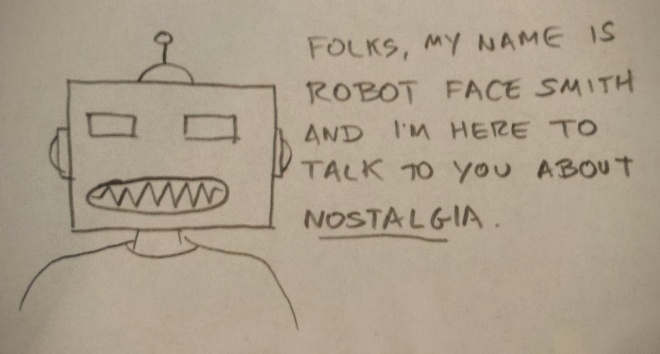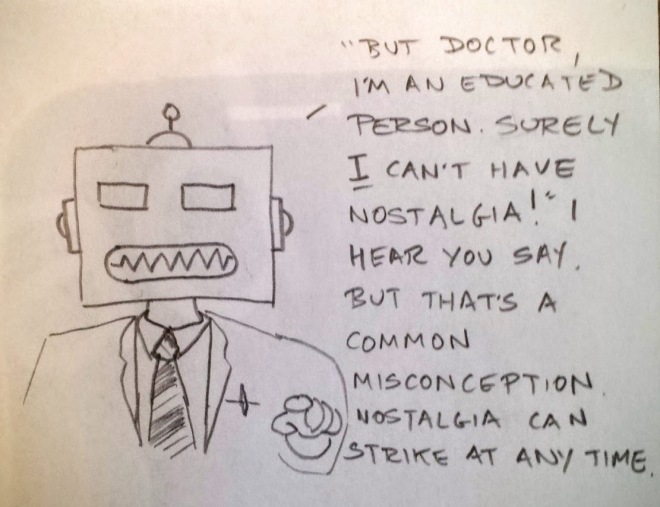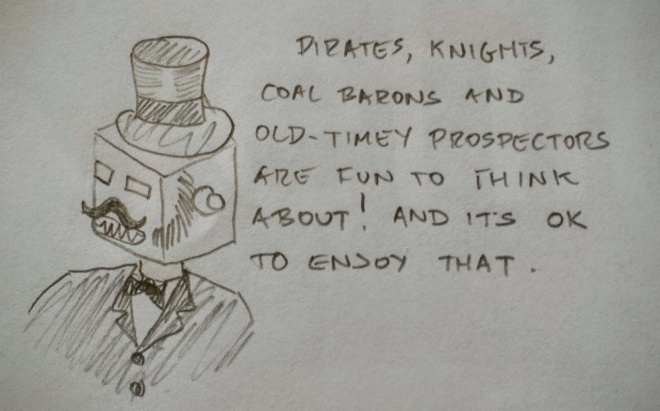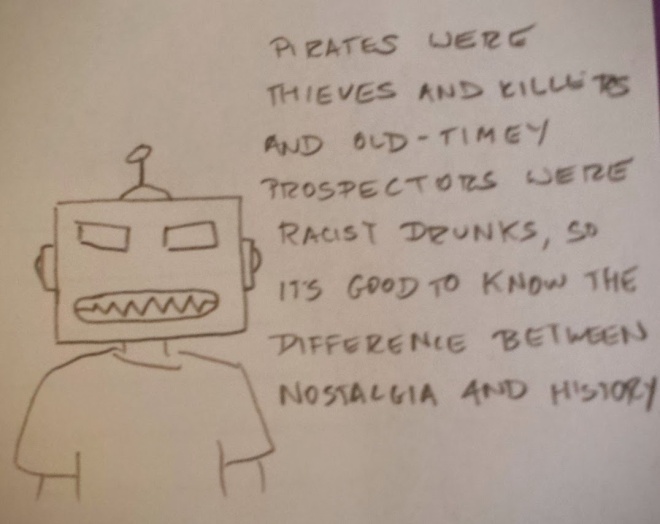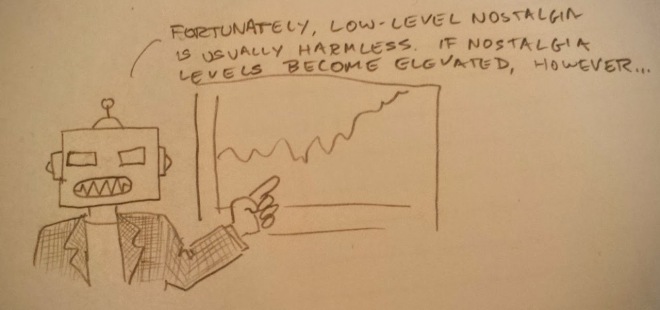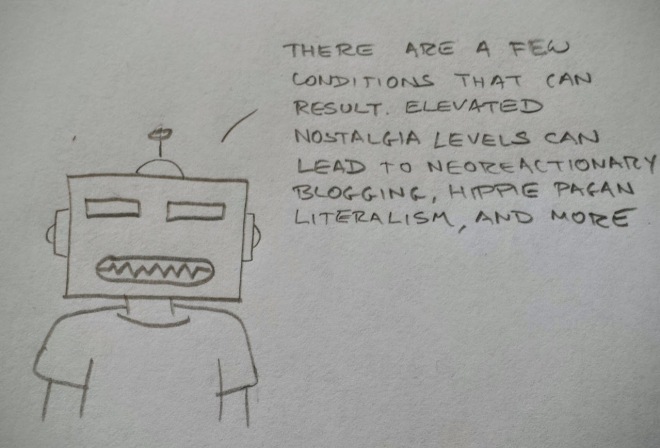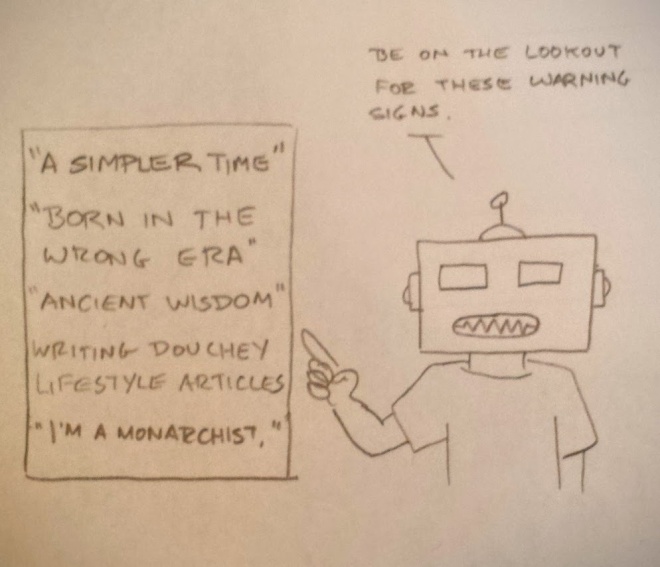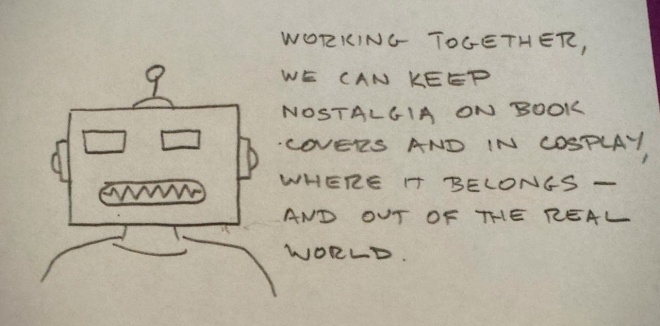
OK, so. The Wipers Times was a humour/satire newspaper put out by some British soldiers during WWI; the name is the common British pronunciation of the Belgian town of Ypres where they were stationed when they started it. The Wipers Times is a 2013 TV movie about the guys who did it and their various tribulations. Michael Palin has a small role as a brasshat who defends them from another brasshat who doesn’t like them.
The Wipers Times is reasonably well-made and definitely well-acted. Ben Chaplin has aged very well, and brings the right mixture of quirky and serious to the role. The production values are nice, although there are some weird ideas, like turning ads and articles from the paper into little black-and-white sketches with the characters in costume. This does not quite work, since attempting to do a 1916-style film only makes you think “but movies didn’t have sound in 1916.”
The problem is basically that there is no story. That’s the history for you; the thing is an artefact that illuminates life in the British army in WWI. It’s … I mean, there might actually be an interesting story to tell about the technological aspect of it, but other than that? In any army, hell, in any large organisation, there are going to be corny soldiers’ jokes, shit-house rumour, resentment of the staff officers and inside gags … hell, memes. I’m sure that in today’s military there are scurrilous newsletters, email lists, Facebook groups, webcomics, forums, etc. that perform the same role. In fact, I can think of one just off the top of my head: the U.S.-Marine-Corps-centred comic strip Terminal Lance.

In essence, these are no different from the satirical newspapers kids make at school or the gags that circulate in office emails, except that the jokes and the situations are darker. It’s a common behaviour of people under pressure, and it’s a fascinating look at their lives, but a TV drama is exactly the wrong way to tell the story.
Fundamentally, the interesting thing about The Wipers Times (as opposed to The Wipers Times) is its writing, and its writing is interesting rather than good. These guys aren’t comic masterminds; they’re just ordinary people telling gags under pressure, which is a very human thing to do. But … so what?
As I said, it’s well-made, and it’s a moderately-engaging way to pass 90 minutes while you’re tidying or making dinner or something, but The Wipers Times is less interesting than The Wipers Times.



